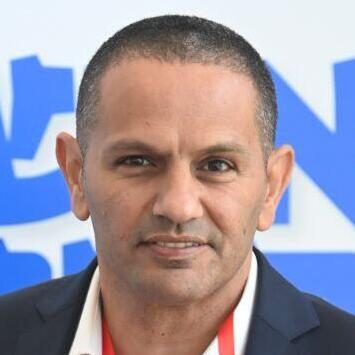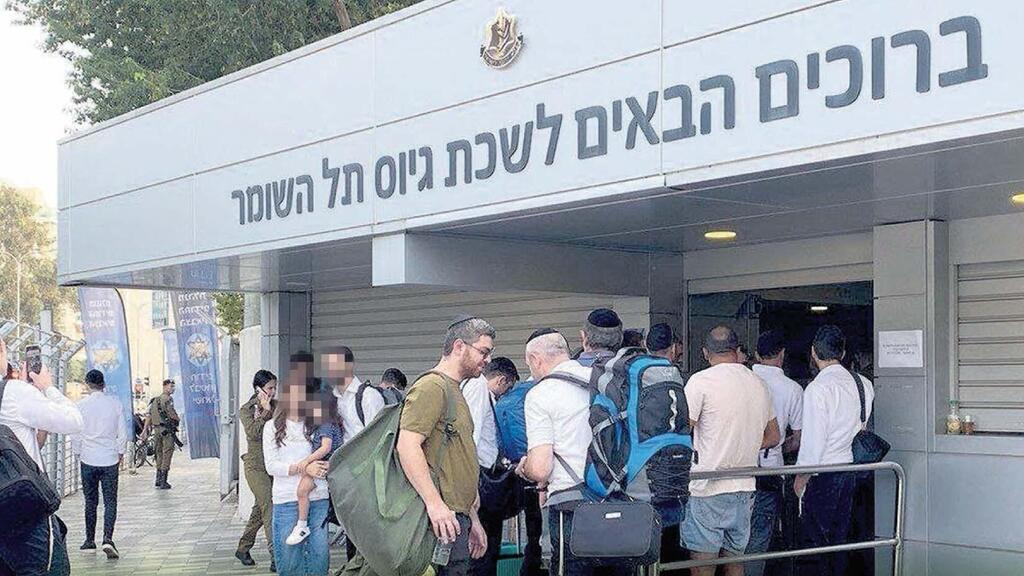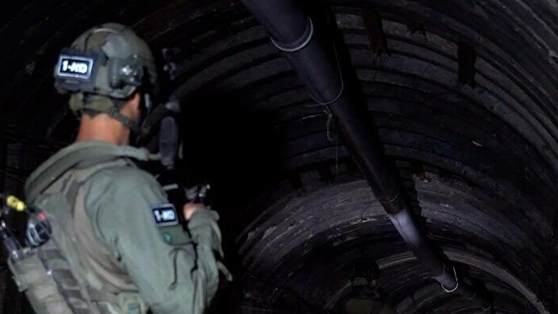Getting your Trinity Audio player ready...
Reports on Ynet of 145 IDF soldiers injured in under two weeks have received significant attention in the Palestinian media. They see that even limited skirmishes (far from full-scale maneuvers) can still hit the IDF hard. Yet, the real headline is the staggering number of injured soldiers, which has surpassed 3,000 since the war began, and is expected to increase when accounting for cases of PTSD. The IDF has thus far lost what amounts to an entire brigade and now requires substantial reinforcements to maintain security along Israel's borders.
During the war, the IDF Medical Corps' advanced capabilities and swift evacuations have saved many lives. Soldiers who would have been fatalities in past conflicts were instead brought back in critical or very serious conditions, making the severity of current hospital injuries higher than in previous wars.
However, the need for more fighters goes beyond just filling gaps. IDF must expand as a key lesson from the war. Instead of four battalions holding the line in the Gaza Division, at least eight will be needed to secure the area. The same goes for the northern border and the West Bank, where 20 reserve battalions have been deployed since the conflict began.
It's crucial to grasp how the number of casualties and years of flawed force-building and recruitment neglect, have led us to a point where immediate and dramatic action is necessary. Some steps fall under the political echelon, which has been acting with a speed tantamount to a sloth, and others under the military echelon, which must also own up to its responsibilities.
Both the IDF, which advocated for a lean, smart army, and the government that approved it, now realize this approach was a major mistake, and correcting it will take valuable time.
So, what needs to change? First, mandatory service should revert from 32 months to the original 36. This extension will give the IDF more breathing room and allow for better planning, after it is currently too reliant on reservists, forced to leave their lives indefinitely, leaving their domestic situation teetering, often on the verge of collapse.
The extension is pending legislation, along with another crucial component: ultra-Orthodox recruitment. Currently, only about 1,200 ultra-Orthodox soldiers enlist annually, out of a possible 12,000. Although there's been some awareness among the ultra-Orthodox community, recent recruitment, numbers remain discouragingly minuscule.
In a conversation with Ynet's sister-publication Yedioth Ahronoth, senior IDF officials said that the military hasn't done enough to attract the ultra-Orthodox. Thus, before calling them to enlist, the right infrastructure must be built, and conditions adapted.
The plan starts with unique tests for ultra-Orthodox soldiers who studied only religious studies in yeshivas, leveraging their qualities even without math, science, or English backgrounds. The IDF is training new psycho-technical examiners, who are currently mostly women. Plans include establishing a dedicated training base for the ultra-Orthodox, with the Chief of Staff even suggesting setting up a yeshiva on the Jordan border.
Next, we must reduce exemptions among the general population. About 33% of men eligible for enlistment, do not serve, with half receiving a religious-based exemption. Among the remaining 17%, there's a notable rise in psychological exemptions, and the military must tackle the issue of many faking their way out through external medical evaluations.
The fourth step involves maximizing combat service, which requires effort from municipal leaders and the education system. Before the war, we saw a steady decline in the motivation for combat service, especially among men. Tel Aviv, in particular, had low combat recruitment rates. Notably, the last recruitment saw some improvement, but ensuring this positive trend continues, is essential.
Another pressing matter is dropout rates during military service. According to the Manpower Directorate, about 15% of soldiers drop out annually, with two-thirds leaving in their first year, mainly for psychological reasons. Nearly half of eligible men don't even reach the induction center to become part of the reserve pool.
Now, let's talk about women: a staggering 45% do not enlist in the IDF. Most exemptions are for religious reasons (35% of the total), but the numbers of ultra-Orthodox and religious Zionist women don't add up to this figure. Recently, more women from national-religious educational backgrounds have been joining significant service roles, and their motivation is steadily rising. Leaders of religious Zionism should step up and encourage IDF enlistment over national service, just as they and secular society demand from the ultra-Orthodox leadership.





